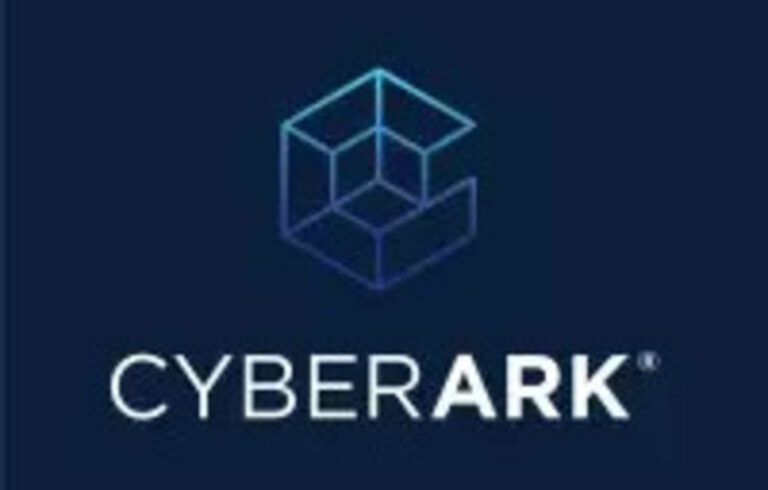
CyberArk, the identity security company, recently announced the launch of its locally-hosted unified CyberArk Identity Security Platform to better protect Indonesian organisations from growing attacks on human and non-human identities. CyberArk SaaS-based solutions will also bolster data sovereignty compliance. A regional investment and tech hub, the move signifies CyberArk’s long-term commitment to support Indonesia’s efforts to encourage a safe and investor-friendly digital ecosystem.
The availability of locally-hosted solutions allows organisations using CyberArk to store their data – including authentication credentials and secrets – and assist in compliance with the Peraturan Pemerintah (PP) no. 71/2019 government regulation, which stipulates the need to conduct data management, processing, and storage functions within Indonesia.
“Attackers are constantly evolving their tactics to achieve access to sensitive data and assets, often exploiting the proliferation of new identities in cloud environments. To prevent such incidents from disrupting Indonesia’s digital transformation journey, security teams need to make identity security a top priority,” said Lim Teck Wee, area vice president for ASEAN at CyberArk.
“The availability of CyberArk’s new locally-hosted identity security offerings means that organisations will be able to comply with data sovereignty and authentication processing requirements, secure human and machine identities, and harness cloud technologies flexibly and effectively,” continues Lim. “Organizations in Indonesia will be better equipped to navigate an ever-evolving threat landscape and play their part in advancing national digital transformation objectives. The CyberArk team is committed to and proud of playing a crucial role in helping Indonesian businesses get the most out of their digital solutions.”
This initiative comes as almost all organizations (99 percent) within Asia Pacific and Japan report the expectation that they will suffer identity-related compromise in 2023. Of these, 63 percent believe that they will stem from digital transformation measures, including cloud adoption and legacy app migrations.


